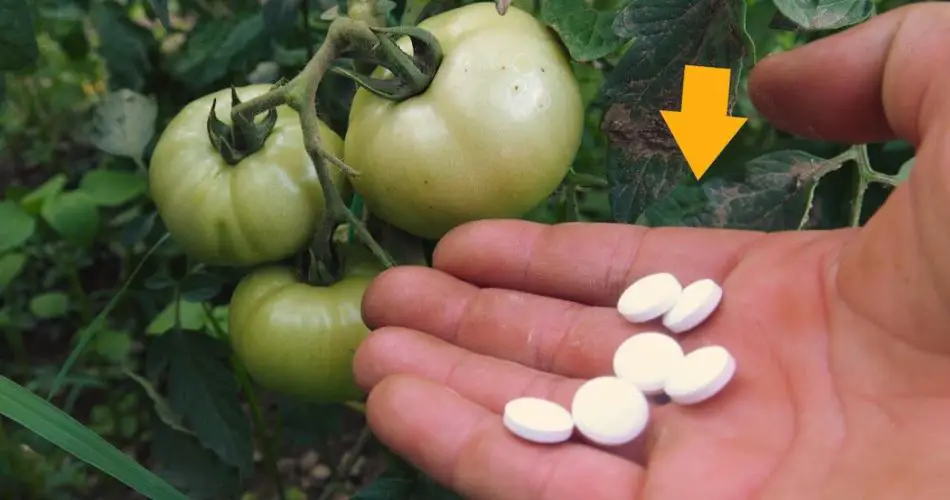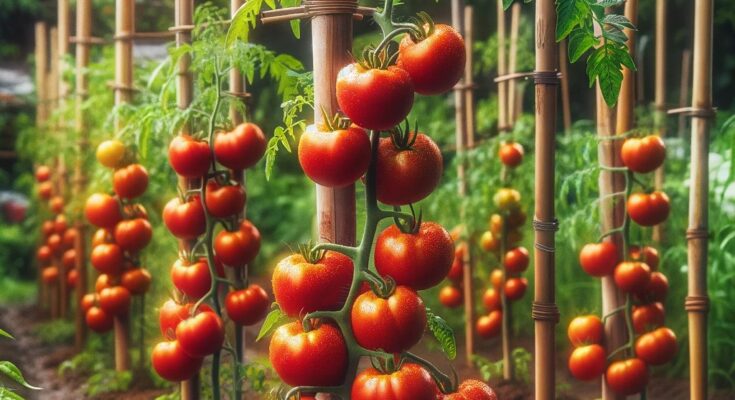Home Garden Tips

Vegetable garden: if you want huge, red, juicy tomatoes, give this to the plant
Vegetable Garden Tips: Achieve Massive, Red, Juicy Tomatoes with This Simple Addition
If you’re dreaming of growing enormous, red, and succulent tomatoes, there’s a particular method you need to know about—one that’s backed by scientific research and proven to deliver astonishing results. Here’s the detailed insight into an approach that might just change the way you garden.
Unlock the Secret to Bountiful Tomato Harvests Gardening enthusiasts often seek effective methods to enhance the growth and health of their plants. When it comes to tomatoes, achieving juicy, large, and vibrantly colored fruits requires adherence to specific guidelines.
The Key Ingredients: Aspirin and Salicylic Acid One of the most successful strategies involves using two somewhat unexpected but incredibly effective substances: aspirin and salicylic acid. These compounds, particularly when derived from natural sources like white willow bark, are cherished by organic gardeners for their profound impact on plant health.
Natural, Organic Salicylic Acid from White Willow The white willow is easily identifiable by its lighter-colored leaves and a grayish hue. Gardeners who can’t access white willow bark often use aspirin as a handy substitute. Plants naturally produce salicylic acid, especially in response to stresses such as infections or infestations. This secretion plays a crucial role in enhancing the plant’s defenses against various diseases.
The Impact of Salicylic Acid on Tomato Plants Salicylic acid not only boosts the plant’s resistance to diseases like downy mildew, powdery mildew, and fungi but also enhances the yield of tomatoes, peppers, eggplants, and potatoes. Remarkably, the use of salicylic acid can increase tomato yields by up to 45%, offering a significant boost to garden productivity.
How to Apply Aspirin in Your Garden To use aspirin effectively, dissolve one tablet in approximately 3.5 liters of water. This solution can be either sprayed onto the plants or used for watering. It’s essential to apply it after rainfall and repeat the process every three weeks to ensure optimal protection and support for the plants under various weather conditions.
Choosing Between Organic and Synthetic Options Opting for the organic form of salicylic acid, such as that derived from white willow bark, allows for more liberal application without the risk of overdose. In contrast, synthetic aspirin, being a concentrated form of salicylic acid, requires careful dosage management.
Concluding Advice This method is not just about preventing diseases but also about promoting robust growth from the outset. It’s a preventative measure, not a cure, so it’s best applied before any signs of disease appear. Follow these guidelines closely for the best results, and you may find this method indispensable for your gardening success. Why not witness the impressive results for yourself?



